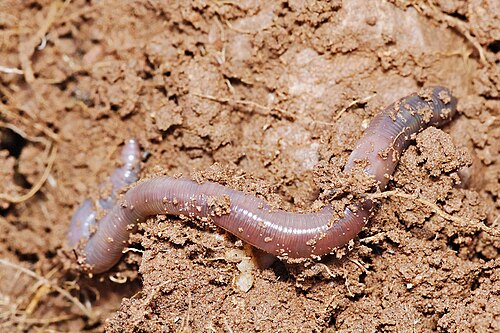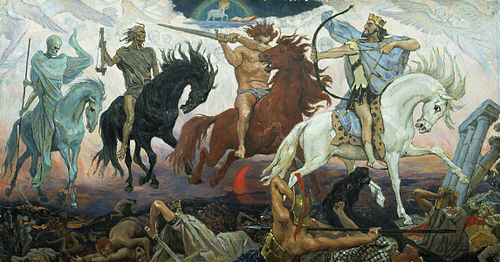Demisenoun
(legal) The conveyance or transfer of an estate, either in fee for life or for years, most commonly the latter.
Demisenoun
Transmission by formal act or conveyance to an heir or successor; transference; especially, the transfer or transmission of the crown or royal authority to a successor.
Demisenoun
Death.
Demisenoun
The end of something, in a negative sense; downfall.
Demiseverb
To give.
Demiseverb
To convey, as by will or lease.
Demiseverb
To transmit by inheritance.
Demiseverb
To pass by inheritance.
Demiseverb
(intransitive) To die.
Demisenoun
Transmission by formal act or conveyance to an heir or successor; transference; especially, the transfer or transmission of the crown or royal authority to a successor.
Demisenoun
The decease of a royal or princely person; hence, also, the death of any illustrious person.
Demisenoun
The conveyance or transfer of an estate, either in fee for life or for years, most commonly the latter.
Demiseverb
To transfer or transmit by succession or inheritance; to grant or bestow by will; to bequeath.
Demiseverb
To convey; to give.
Demiseverb
To convey, as an estate, by lease; to lease.
Demisenoun
the time when something ends;
Demise
Demise is an Anglo-Norman legal term (from French démettre, from Latin dimittere, to send away) for the transfer of an estate, especially by lease. It has an operative effect in a lease, implying a covenant The phrase is used in English law to signify the immediate transfer of the sovereignty, with all its attributes and prerogatives, to the successor without any interregnum in accordance with the maxim At common law the death of the sovereign eo facto dissolved Parliament, but this was abolished by the Representation of the People Act 1867.
Deathnoun
The cessation of life and all associated processes; the end of an organism's existence as an entity independent from its environment and its return to an inert, nonliving state.
Deathnoun
The personification of death as a hooded figure with a scythe; the Grim Reaper.
Deathnoun
(the death) The collapse or end of something.
Deathnoun
(figuratively, esp. followed by of-phrase) A cause of great stress, exhaustion, embarrassment, or another negative condition (for someone).
Deathnoun
The cessation of all vital phenomena without capability of resuscitation, either in animals or plants.
Deathnoun
Total privation or loss; extinction; cessation; as, the death of memory.
Deathnoun
Manner of dying; act or state of passing from life.
Deathnoun
Cause of loss of life.
Deathnoun
Personified: The destroyer of life, - conventionally represented as a skeleton with a scythe.
Deathnoun
Danger of death.
Deathnoun
Murder; murderous character.
Deathnoun
Loss of spiritual life.
Deathnoun
Anything so dreadful as to be like death.
Deathnoun
the event of dying or departure from life;
Deathnoun
the permanent end of all life functions in an organism or part of an organism;
Deathnoun
the time at which life ends; continuing until dead;
Deathnoun
the personification of death;
Deathnoun
the absence of life or state of being dead;
Deathnoun
the time when something ends;
Deathnoun
the act of killing;
Deathnoun
a final state;
Death
Death is the permanent, irreversible cessation of all biological functions that sustain a living organism. Brain death is sometimes used as a legal definition of death.

















